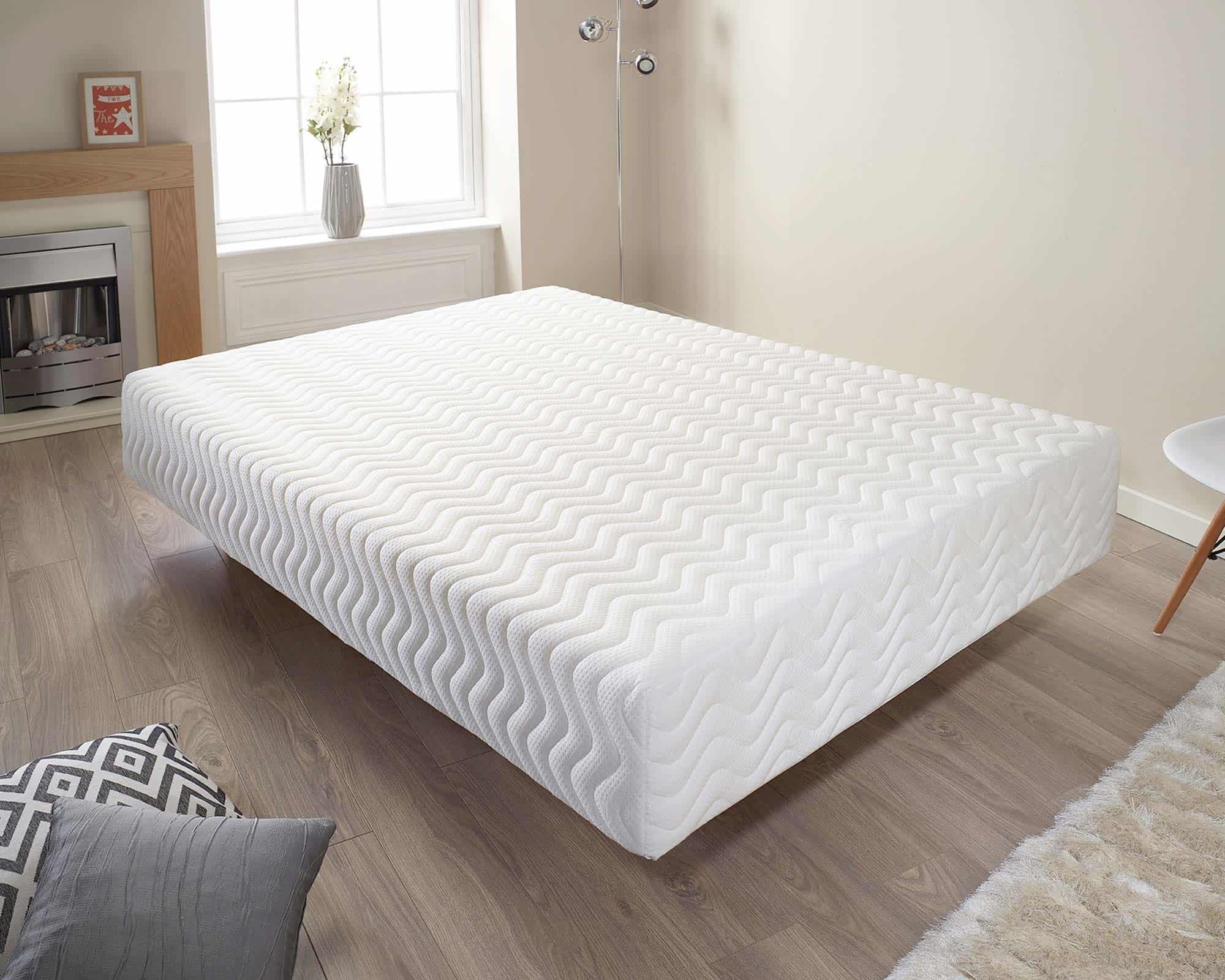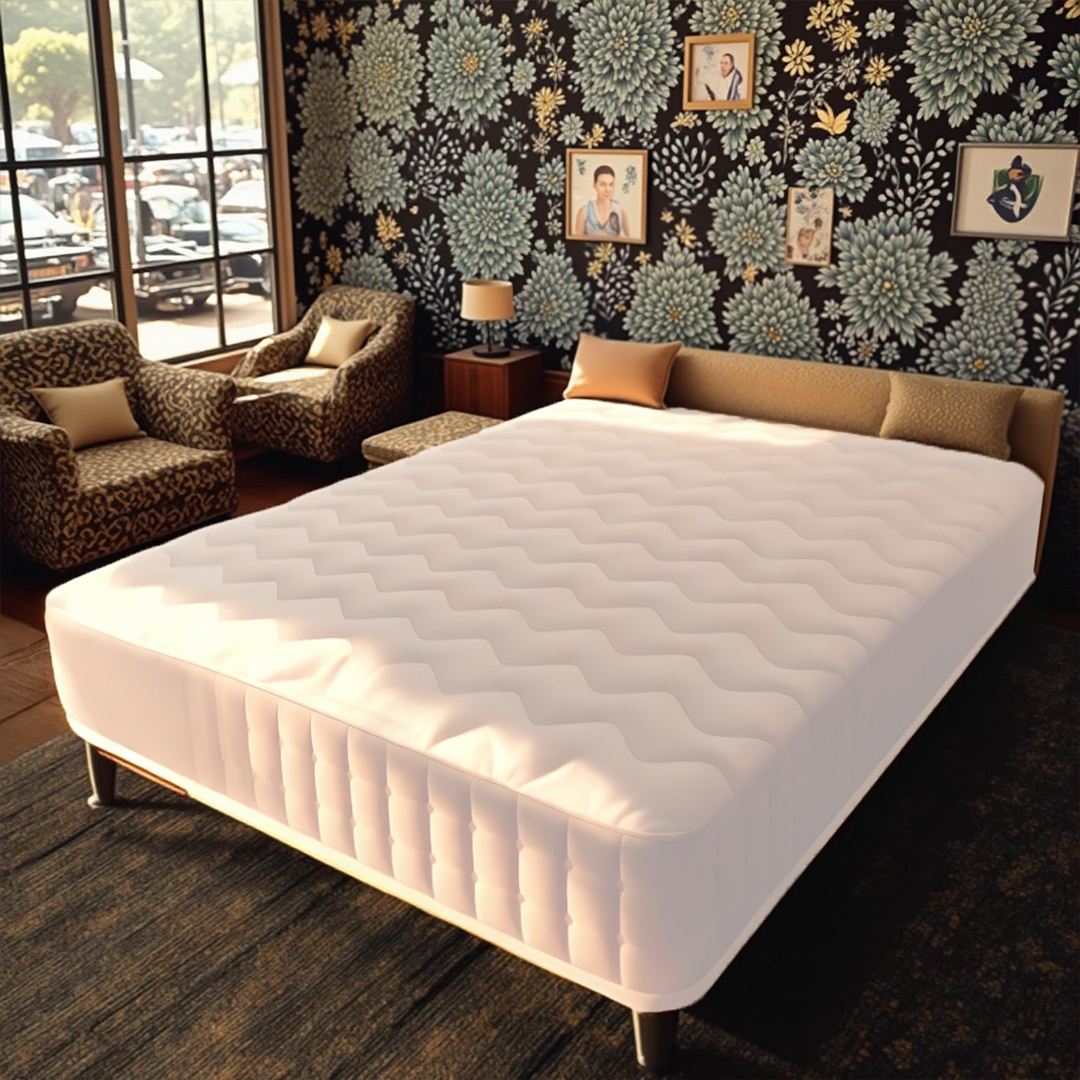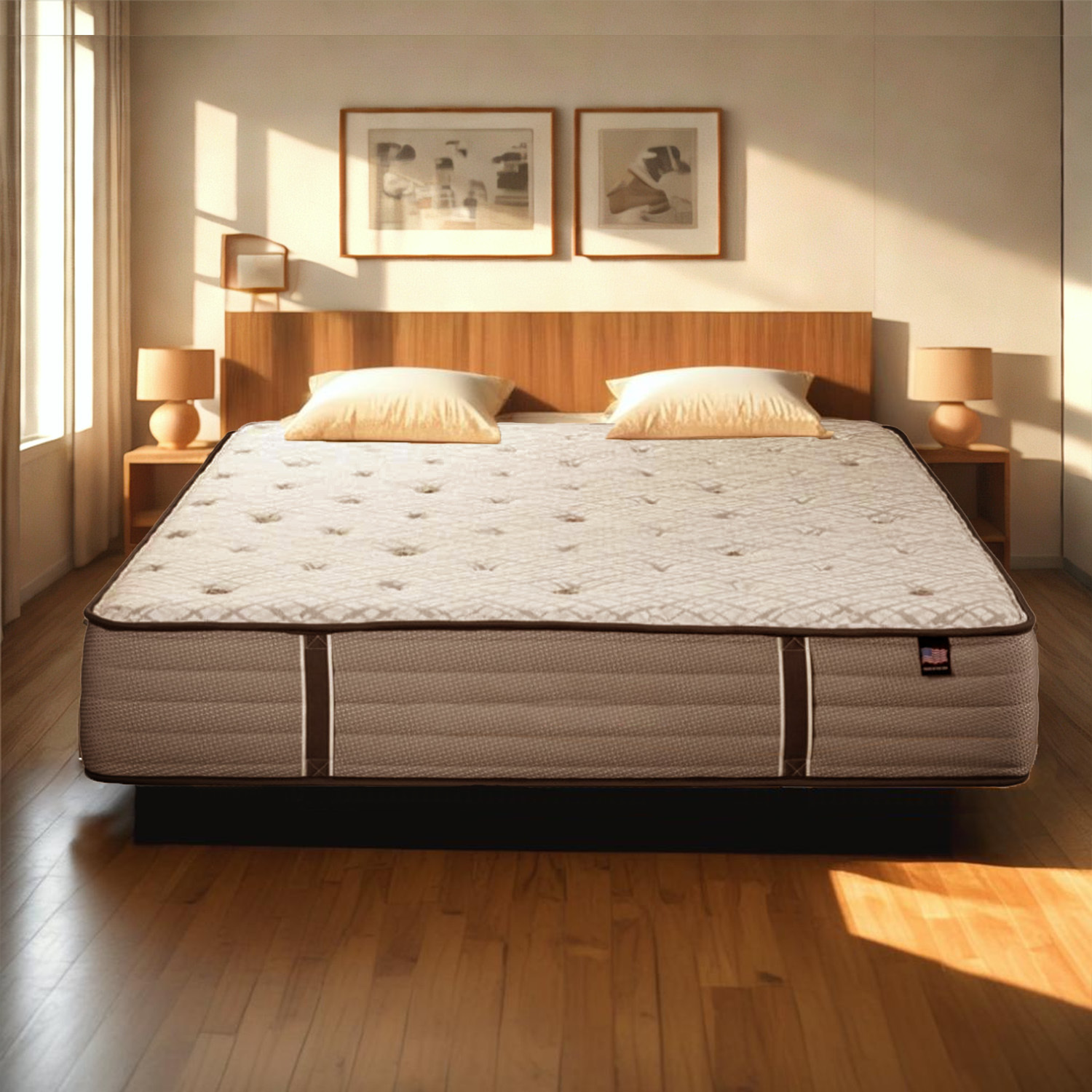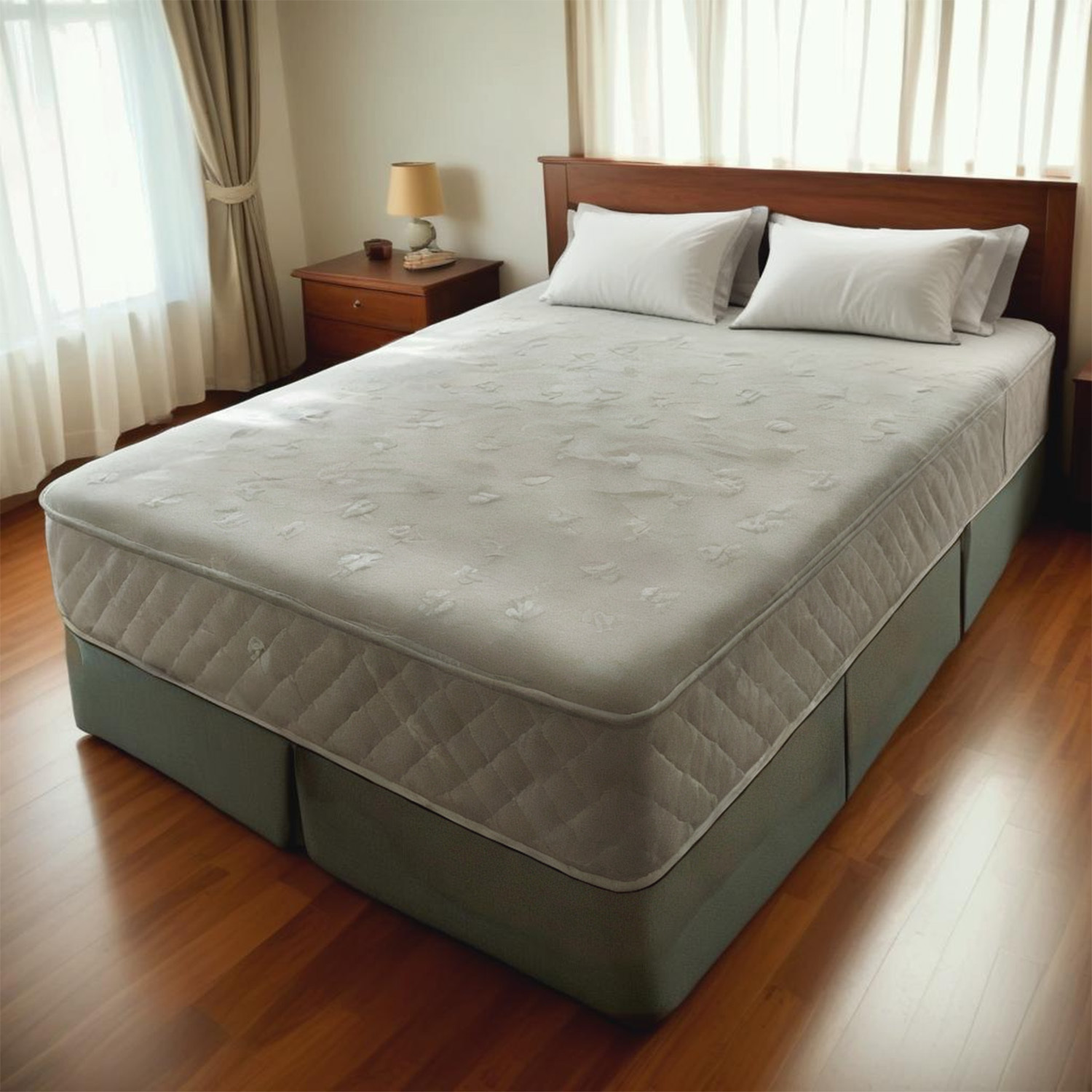- Best Quality Beds & Mattresess At Affordable Price!


In today’s fast-paced world, falling asleep can sometimes seem insurmountable. Many people struggle with racing thoughts and stress due to which they stay awake at night. However, a technique used by military personnel promises effective and rapid results for those who need to drift off quickly.
The military sleep technique is a strategic method designed to help you relax your body and quiet your mind, allowing you to fall asleep in as little as two minutes. This article will explore the military sleep method and how it enhances sleep quality. Whether you’re preparing for a big day or want to improve your sleep quality, this technique may be the solution you’ve been seeking.
Insufficient sleep can lead to negative psychological and physical effects. There are many reasons why someone might not sleep well, including:
Struggling too hard to fall asleep can create a cycle of anxious energy that prevents you from resting. When your mind is unsettled, it also becomes challenging for your body to relax.
Sleep deprivation describes how we feel when we miss out on sleep, be it on a short-term or long-term basis. It leads to symptoms like:


The “military sleep technique” involves systematically relaxing each muscle group in your body, starting from your face and working down to your toes, while simultaneously clearing your mind by visualising a calming scene, like lying on a beach or floating on a lake, to fall asleep quickly. This method is often described as a way to fall asleep within a couple of minutes and is popularised by the idea that soldiers use it to rest in high-pressure situations quickly.
Begin by taking a moment to relax each part of your face consciously. Start with your forehead, gently smoothing any tension, then let your eyelids soften. Move down to your cheeks, letting them hang effortlessly. Place your attention on your jaw, unclenching it, and finally, relax your tongue, allowing it to rest comfortably in your mouth.
Take a deep breath and, as you exhale, visualise releasing any built-up tension from your shoulders. Allow your shoulders to drop gently, letting your arms fall loosely by your side as if they are weights that draw you downward, creating a sense of calmness.
Take a deep, full breath. As you breathe in, feel your chest getting expanded. When you exhale, imagine tension melting away from your chest area, letting it feel light and open. Focus on breathing steadily to maintain this relaxed state.
Gradually work your way down, starting with your thighs. As you breathe out, allow your thigh muscles to loosen. Next, shift your attention to your calves, feeling them release any tightness. Continue this process through your ankles, and finally, let your feet relax into the ground, ensuring that each part of your legs feels light and serene.
Craft a mental space by visualising a peaceful scene, such as a serene beach or a quiet forest. Alternatively, you can repeat the simple phrase “don’t think” in your mind, helping to push away any distracting or intrusive thoughts that may arise. Focus on maintaining this calm mental state, using your visualisation or mantra as an anchor.
The “military sleep method” is credited to Olympic sprint coach Lloyd “Bud” Winter, who detailed the technique in his 1981 book “Relax and Win: Championship Performance”; it was reportedly developed to help US Navy Pre-Flight School pilots fall asleep quickly in any situation, including stressful environments, making it associated with the military.
Sleep quality is important because it ensures you get the mental, physical, and emotional benefits of sleep. Sleep quality holds greater significance than quantity for overall better health and well-being.
Quality sleep is crucial in safeguarding your health by enhancing your immune system’s function. Studies suggest that good sleep quality can protect from respiratory illnesses such as the flu and common colds. Remarkably, even when you’re sleep-deprived, obtaining restorative sleep can still offer some defence against these infections.
There is a strong correlation between sleep quality and emotional well-being. Research indicates that individuals prioritising good sleep tend to experience better moods, lower levels of stress, and an overall heightened sense of life satisfaction. A well-rested mind can deal with daily challenges more efficiently and maintain an optimistic outlook.
REM (Rapid Eye Movement) sleep is crucial for cognitive functions. During this stage, the brain processes information, forms new memories, and regulates brain chemistry. Quality REM sleep is essential for maintaining a healthy central nervous system and overall mental functioning and learning capabilities.
Prolonged periods of interrupted sleep have been consistently linked to memory issues. When sleep cycles are disrupted, the brain struggles to consolidate memories effectively, leading to difficulties in recall and cognition. Optimising sleep quality contributes significantly to processing and retaining information, enhancing overall memory function.
Getting sufficient sleep can help you in the following ways:







| Feet & inches | Common reference | Measurement in Centimetres | |
| Width (cm) | Length (cm) | ||
| 2FT6 | Short Single | 75 | 175 |
| 2FT6 | Small Single | 75 | 190 |
| 3FT | Single | 90 | 190 |
| 4FT | Small Double | 120 | 190 |
| 4FT6 | Double | 135 | 190 |
| 5FT | King | 150 | 200 |
| 6FT | Super King | 180 | 200 |
| Please note: measurements are close approximations only | |||